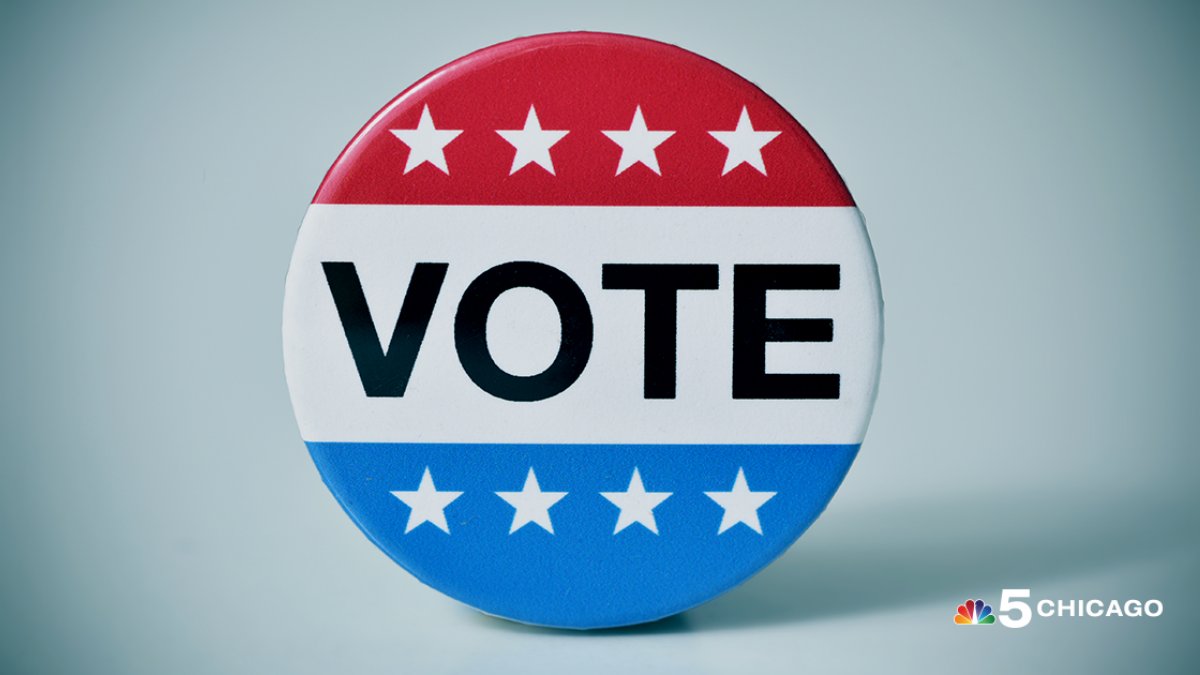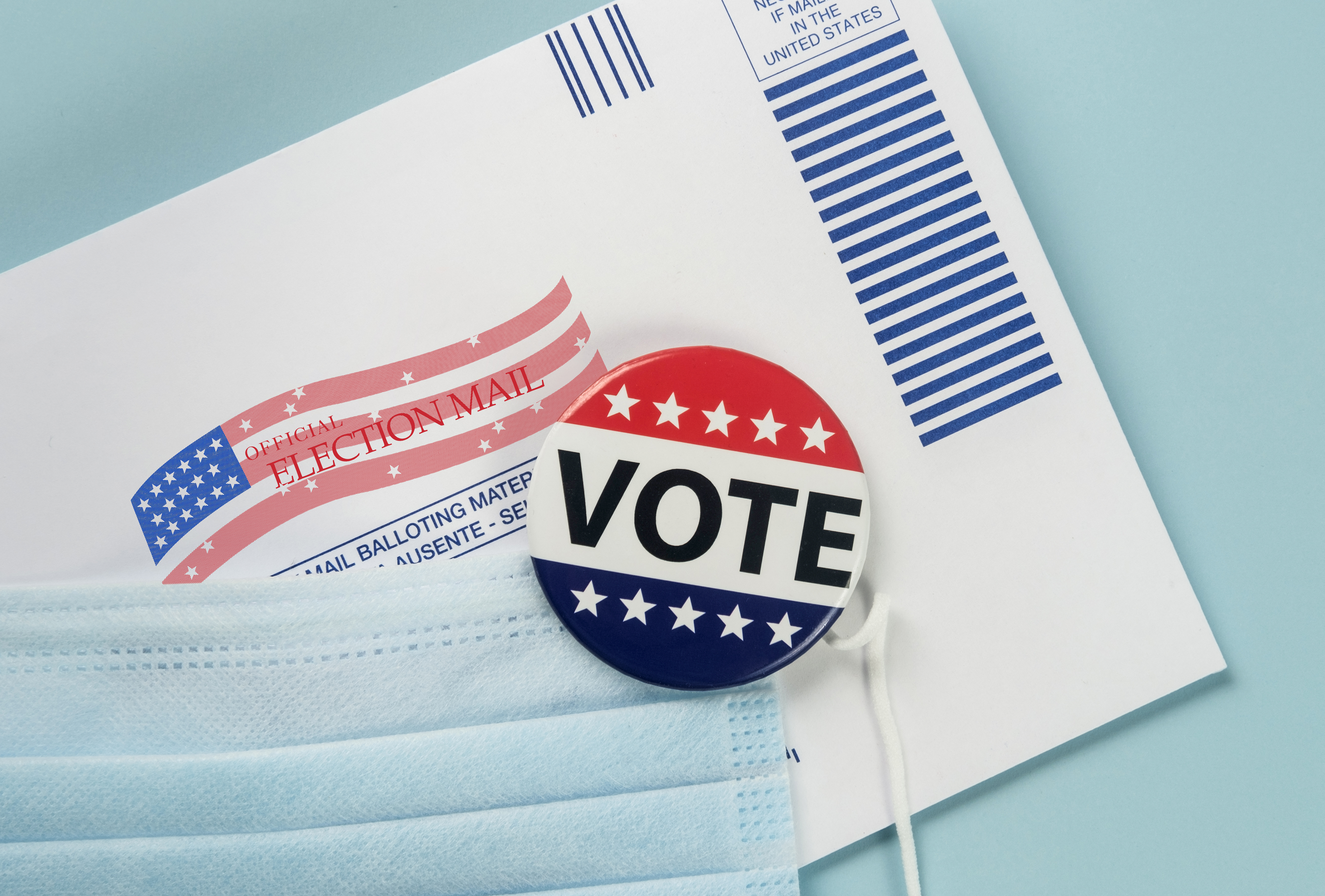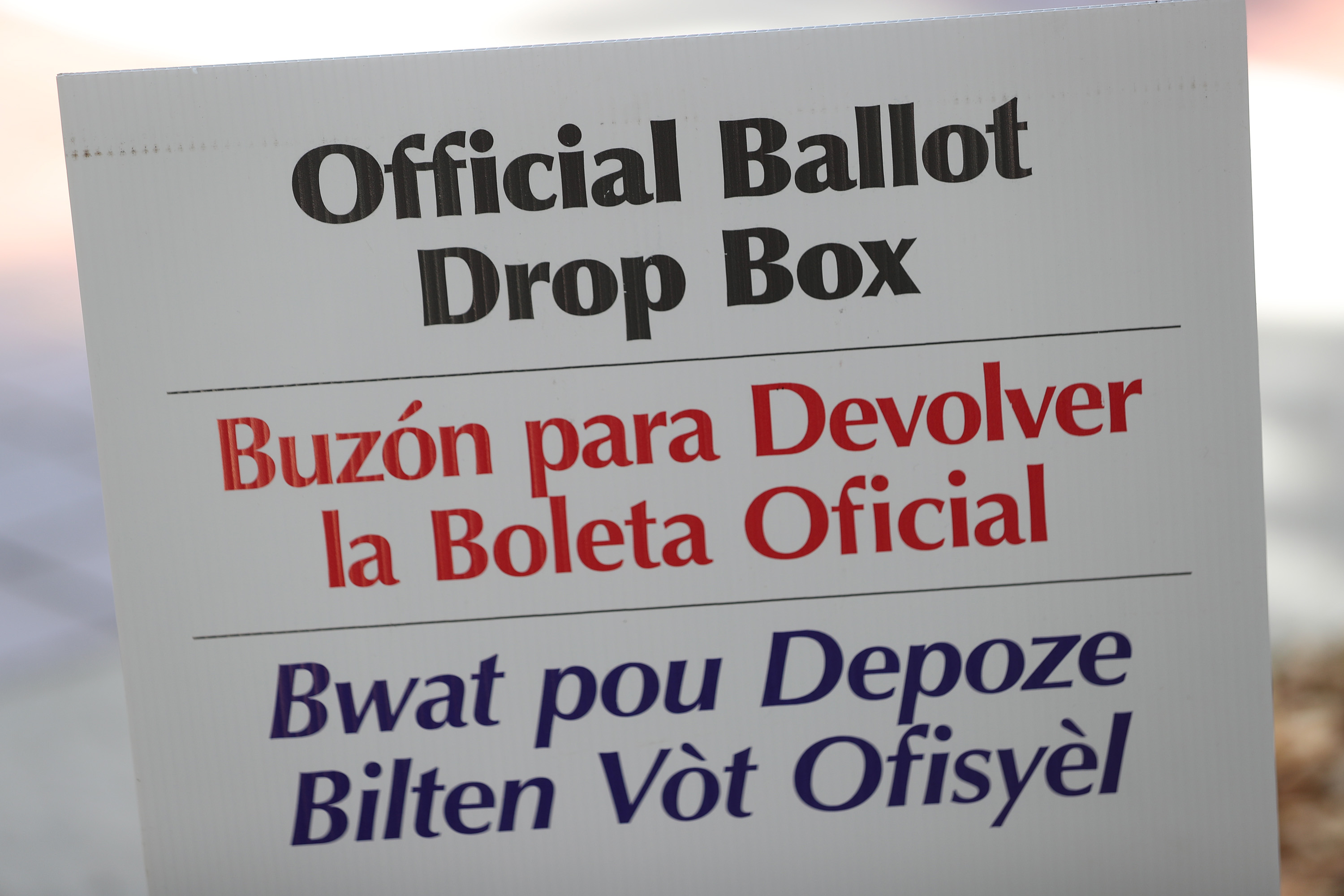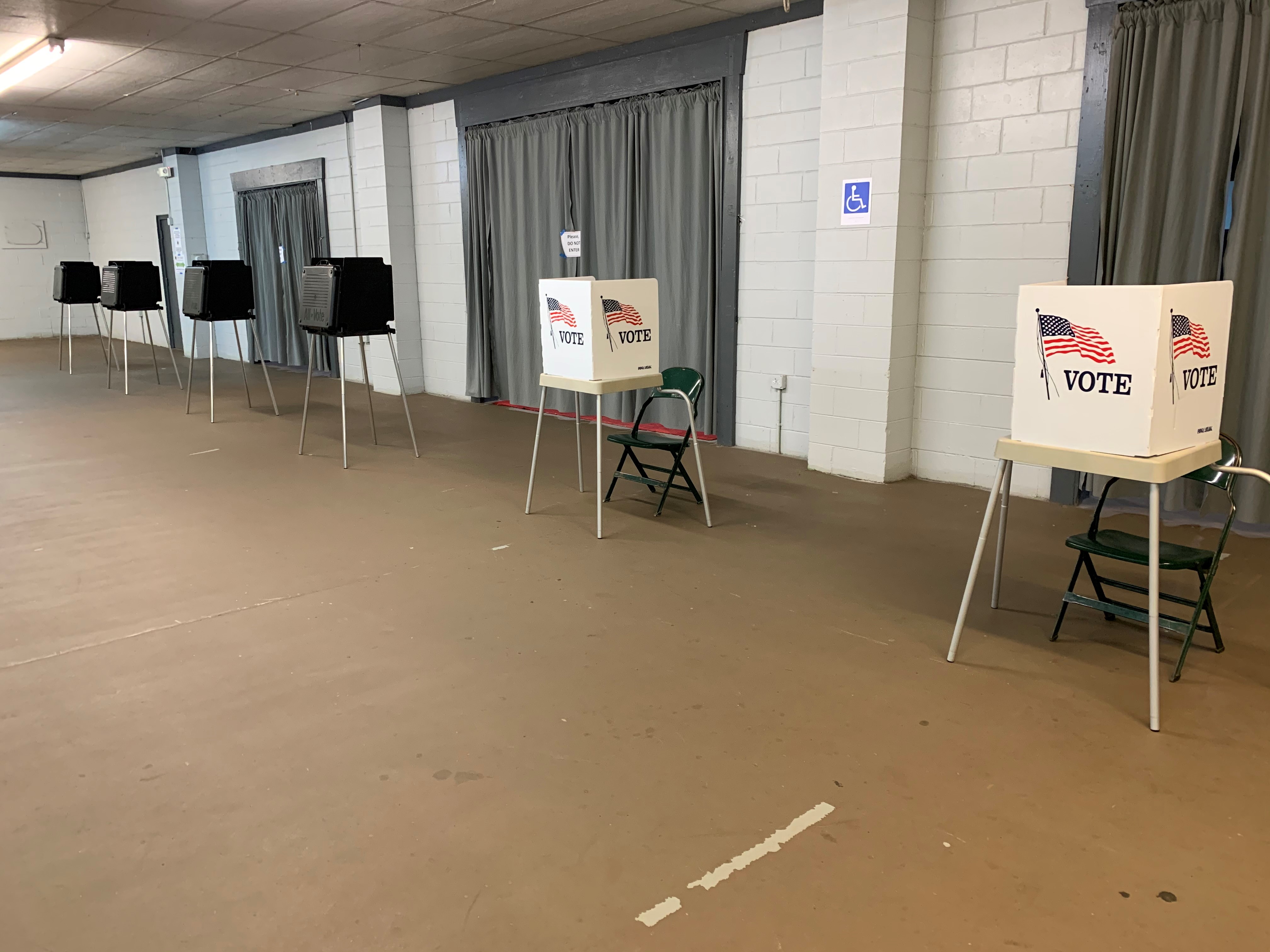Democratic nominee Joe Biden won the state of Illinois over President Donald Trump in the race for president Tuesday night, NBC News projects.
Biden won 56% of the state's vote with 55% of precincts reporting as of 9:42 p.m., election officials said. That translated to more than 1.9 million votes compared to Trump's 1.3 million, results showed.
More than 500,000 mail ballots had not been returned by Monday, according to the Illinois State Board of Elections, though the totals from those ballots, should they arrive within the two-week period in which they can be counted, were not expected to impact the results of the race across the state.
Biden's projected victory in Illinois gave him the state's 20 electoral votes relatively early in the night, with projections of results from several other states, including key swing states, still yet to be made.
Illinois has not voted for a Republican presidential candidate since 1988 when the state gave George H.W. Bush a narrow 2-point margin of victory. Illinois' vote for Biden marks the eighth consecutive presidential election in which the state has backed the Democratic nominee.
Biden most recently served as vice president to Illinois’ own former President Barack Obama. He emerged from a contentious Democratic primary in which he ran as a more moderate choice compared to some of the party's more progressive hopefuls. He consolidated support following a commanding victory in the South Carolina primary, propelled in large part by Black voters who overwhelmingly backed him and make up a majority of the state’s Democratic electorate.
In Illinois’ primary election two weeks later, Biden beat Sen. Bernie Sanders, the only other viable Democratic candidate left in the race, by more than 20 points – four years after Sanders came within striking distance of an upset against Hillary Clinton in the state’s 2016 primary.
In the months that followed, Illinois officials up and down the state, largely Democrats but some Republicans, endorsed Biden: Gov. J.B. Pritzker, both Sens. Dick Durbin and Tammy Duckworth, Chicago Mayor Lori Lightfoot, several members of the House, Chicago aldermen, state lawmakers and more.
Many of those officials have often criticized Trump or used him as a political foil: particularly Lightfoot – for whom sharp condemnations of the Republican president carry no political risk – and Pritzker in recent months for the president’s handling of the coronavirus response.
For his part, Trump has disparaged Chicago countless times over the last several years, using the city as a sort of stand-in for all Democratic politicians and policies.
In 2016, Trump actually won the smallest proportion of the vote in a presidential race in Chicago in at least 50 years, just 12% - a share smaller even than either of Obama’s Republican opponents in 2008 and 2012. Trump was buoyed by higher margins in other parts of the state to win just under 39% of the total vote in Illinois, compared to Clinton’s 56%.
Statewide in 2016, Trump outperformed both Sen. John McCain’s 2008 and Sen. Bob Dole’s 1996 runs in Illinois by nearly 2 points and improved on George H.W. Bush’s 1992 Illinois result by more than 4 points. So while Trump performed historically poorly in Chicago, he ran stronger in the rest of Illinois than multiple Republican presidential candidates over the last few decades.
This year, in Illinois and across the nation, the battleground is in the suburbs. The 2018 midterm elections were defined by suburban voters – including those in some major Congressional races in Illinois – abandoning the GOP in droves, giving Democrats an historic victory in the House. Early returns on Tuesday showed voters in those same suburban areas in Illinois appearing to back Biden as well.
This sort of political reordering in Illinois – the urban center becoming increasingly liberal, rural areas turning more conservative and the suburbs backing Democrats, at least for now – is a fascinating microcosm of the overall realignment happening across the U.S. What’s happening politically in the nation is playing out on a smaller scale right here in our own backyard.
That could be in part because Illinois is, of all the states, relatively representative of the U.S. demographically, with similar proportions of people living in urban and rural areas as compared to the entire country (skewing just slightly more urban), as well as a racial makeup that mirrors the U.S. as a whole, according to the U.S. Census Bureau: roughly 60% white, 18% Hispanic or Latino, 15% Black and 6% Asian, among others.
A 2016 NPR analysis found that based on five demographic indicators, Illinois is the state that is the most like the U.S. on a smaller scale – an evaluation Pritzker shared in 2020 as he voiced his support for Illinois to be the first in the nation to vote in primary elections.
That analysis noted that Illinois, though recently thought to be a Democratic state, has a long history of electing Republicans and has a presidential election record that is “more accurate than partisan,” voting for the winner of every 20th century presidential election except two.





